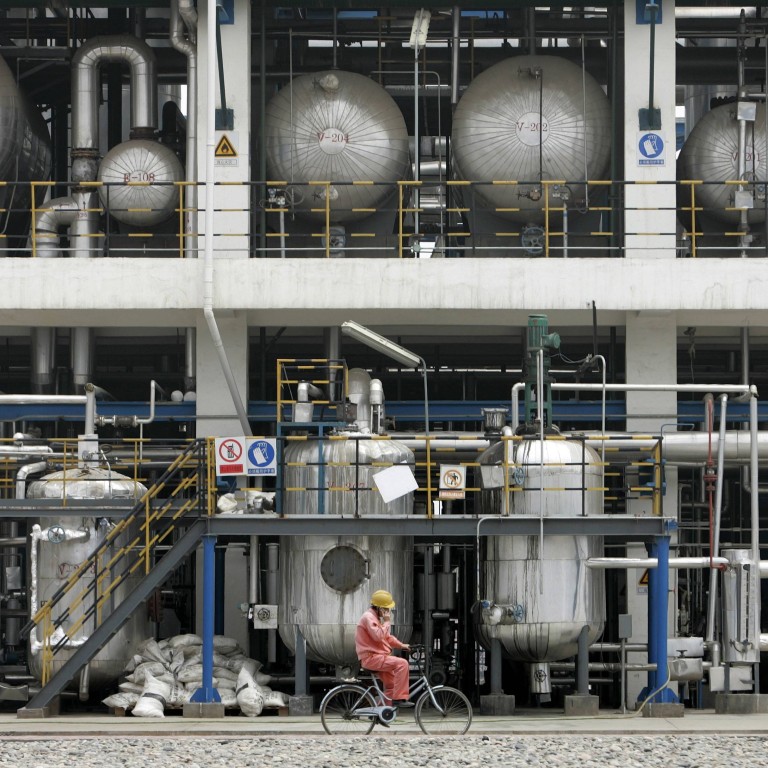
China upstages Russia in fight for Central Asia
Moscow's rouble crisis has seen Beijing become more than just a regional commercial partner
China is upstaging Russia as the most influential player in Central Asia, but the mainland's huge trade and investment in the resource-rich region faces challenges in terms of suspicion, lower oil prices and its anti-graft crackdown back home.
"Concerning this landlocked region, China seems destined to play the same major role in the 21st century that Russia played in the 19th and 20th centuries," said Sebastien Peyrouse, professor of international affairs at George Washington University in the US, at a recent hearing of the US-China Economic and Security Review Commission in Washington DC. USCC is a US government agency that advises US Congress on Sino-US relations.
Russia's rouble crisis had spotlighted China's crucial role as a regional economic stabiliser in Central Asia, said Alexander Cooley, professor of political science at Columbia University.
China surpassed Russia as Central Asia's biggest trading partner in 2009, according to the International Monetary Fund. China's trade with Central Asia soared from US$700 million in 1998 to US$25 billion in 2008, which nearly doubled to US$49 billion in 2013, Peyrouse said.
In September 2013, President Xi Jinping spoke of establishing a "Silk Road Economic Belt" that would open a strategic thoroughfare connecting Central Asia with the rest of the continent.
"China's contribution of US$40 billion to a Silk Road Fund to assist in the infrastructural development for the Silk Road Economic Belt has been seen by Central Asian states as a token of the seriousness of Beijing's commitment," said Michael Clarke, senior research fellow at Griffith University, Australia.
"China's role in the region is shifting from commercial partner to a comprehensive provider of economic mediation and governance, development financing and even emergency lending," said Cooley.
The Export-Import Bank of China is the largest single creditor to aid-dependent Tajikistan, according to the World Bank.
"China has succeeded, within the space of a few years, in imposing itself as one of Central Asia's main energy partners. Today, China controls about a third of Kazakh oil production," Peyrouse said.
"The biggest regional problem that China faces in Central Asia is Sinophobia," said Raffaello Pantucci, director of international security studies at the Royal United Services Institute for Defence and Security Studies, Britain.
In Kazakhstan, a land deal for Chinese companies to cultivate crops was announced by President Nazarbayev in 2009, but public protests led him to withdraw the deal, Pantucci said.
Lower oil prices were likely to make Chinese oil companies more selective in acquiring overseas assets, said Downs.
"The anti-graft investigations, which have taken down more than two dozen managers at CNPC, have slowed decision making within the company and its domestic peers. This reluctance to make major decisions has contributed to the slowdown in the international mergers and acquisitions of China's national oil companies."

